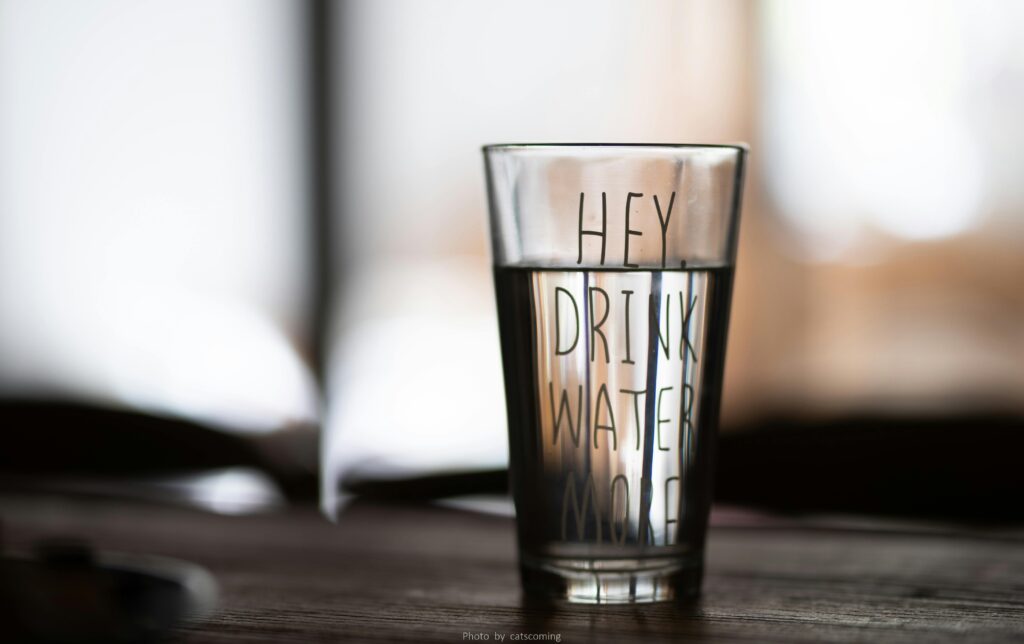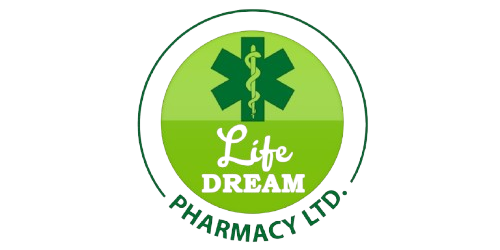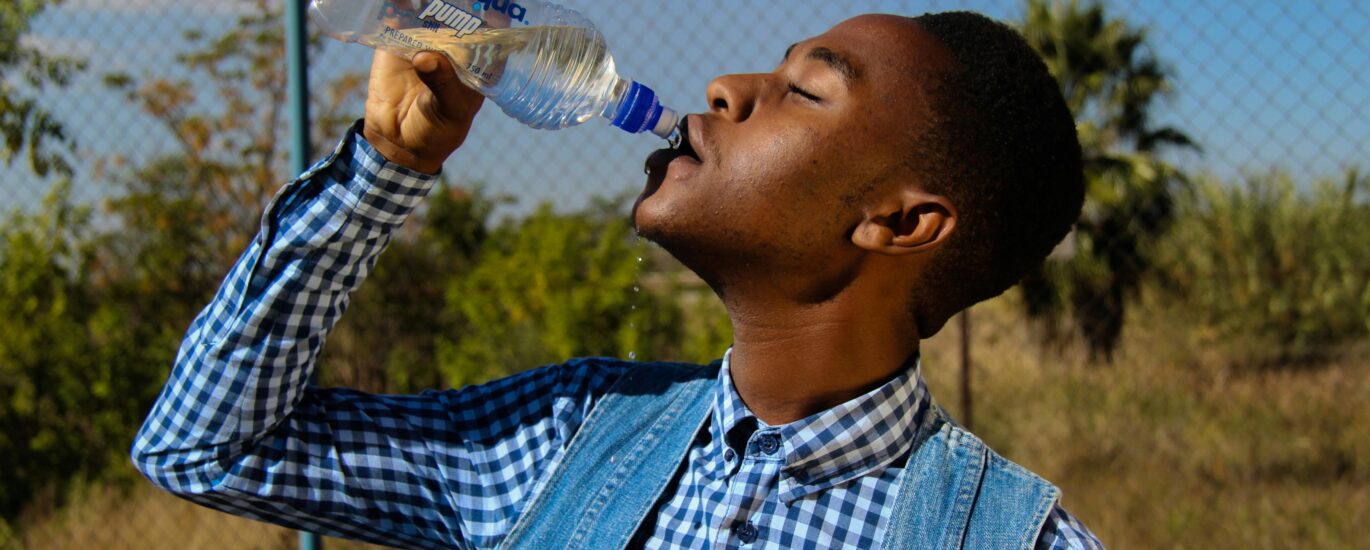Water is essential to life, making up about 60% of your body weight and playing a crucial role in countless bodily functions. Every cell, tissue, and organ in your body relies on water to function efficiently, making proper hydration vital for your overall well-being.

Why Drinking Enough Water Matters
Getting sufficient water is key to maintaining good health. Here are some of the major benefits of staying hydrated:
Regulates body temperature
Produces saliva to aid digestion
Lubricates tissues, spinal cord, and joints for optimal movement
Protects organs and tissues from damage
Transports nutrients and oxygen to cells
Dissolves minerals and nutrients for easier absorption
Eliminates waste products through sweating, urination, and defecation
Enhances sleep quality, mood, and cognition
Prevents constipation and supports digestion
Fights infections and diseases by supporting the immune system
Boosts energy levels and helps normalize blood pressure
Maximizes physical performance and aids weight loss
How Much Water Should You Drink?
While the common recommendation is to drink 8 glasses of water a day, individual needs can vary. Most people can stay hydrated by drinking water when they feel thirsty. Typically, 4-6 glasses of water daily may suffice, but factors like hot weather, exercise, high altitudes, and a diet high in caffeine, alcohol, or salty foods can increase your fluid requirements.
Additionally, during pregnancy or conditions like diabetes, your body’s water needs may rise. According to the US National Academies of Medicine, men should aim for 15.5 cups (3.7 liters) of fluid daily, and women 11.5 cups (2.7 liters). Keep in mind that about 20% of your fluid intake comes from food, while the rest should come from water and water-based beverages such as juice, milk, and tea.
Recognizing Signs of Dehydration
Dehydration occurs when you don’t get enough water, and it can be triggered by factors like hot weather, intense exercise, medical conditions, or certain medications like diuretics.
Signs of dehydration by age group:
In infants and children: irritability, no tears when crying, dry mouth, sunken eyes, dry diapers for 3+ hours, and a sunken soft spot on the head.
In adults: pale urine indicates good hydration, while dark urine (resembling apple juice) suggests dehydration. Other signs include headaches, fatigue, dizziness, dry skin, confusion, and extreme thirst.
In older adults: thirst signals to the brain diminish with age, so they may be dehydrated without feeling thirsty.
Simple Ways to Stay Hydrated
Drinking water is the easiest way to stay hydrated. Here are some tips to help you maintain good hydration:
Start your day with a glass of water before having tea or coffee.
Carry a water bottle with you and sip throughout the day.
If plain water doesn’t appeal to you, add slices of lemon or orange for flavor.
Set hydration goals, like drinking water when you wake up, at each meal, and before bed.
Stay hydrated before, during, and after exercise.
Drink water when you feel hungry, as thirst is often mistaken for hunger.
Avoid sugary drinks, which add empty calories without hydrating you properly.
Staying hydrated is one of the simplest, yet most effective, steps you can take to improve your health and wellness!


